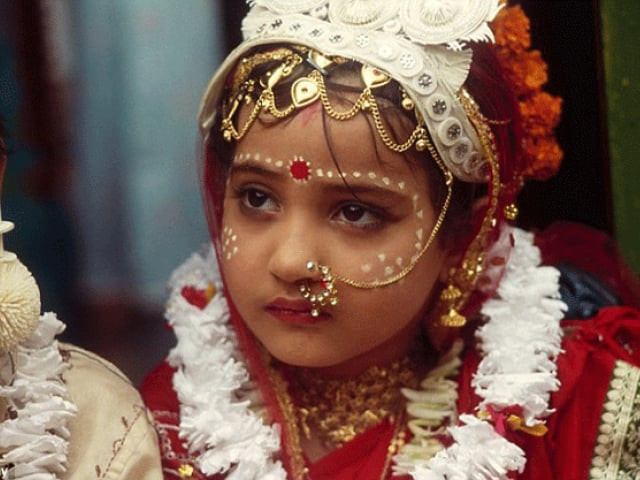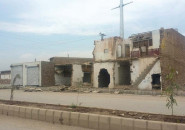Call to amend child marriage law
Proposed change aims to protect girls' rights, improve their education

In an impactful awareness session organized by PODA at the Tehsil Municipal Corporation hall, participants unanimously supported a proposed amendment to the Child Marriage Restraint Act of 2015.
The amendment seeks to raise the minimum marriage age for girls from 16 to 18 years, ensuring a safer and more empowering future for young girls in Punjab. This proposed change aims to protect adolescent girls' fundamental rights, including access to education, reproductive health, and employment opportunities, ultimately contributing to the country's broader development and progress.
The session was part of PODA's three-year project, "Reduce Early Marriages to Enhance Gender Equality," supported by the Norwegian Embassy in Islamabad.
The session attracted a diverse group of participants, including academicians, members of the Tehsil Bar Association, health professionals, and government officials from various departments such as education, health, population welfare, and local government. Representatives from the union council, media, youth groups, nikah registrars, religious scholars, and the Municipal Committee also took part in the event.
Advocate Khawaja Zahid Nasim presented a detailed overview of the prevailing laws on child marriages, citing the Constitution of Pakistan. He highlighted a landmark Lahore High Court ruling, which declared the definition of 'child' in Section 2(a) of the Child Marriage Restraint Act of 1929 as unconstitutional. He also pointed out that the Sindh Child Marriage Restraint Act sets the legal marriageable age for both girls and boys at 18 years. Additionally, he noted that approximately 40 Muslim countries have established 18 as the minimum marriageable age for girls to combat child marriages.
Nabeela Aslam, Project Manager at PODA, underscored that child marriages represent a severe violation of human and child rights. She emphasized that such marriages deprive children of their childhood, education, and opportunities for economic empowerment. She also pointed out that underage marriages disproportionately affect vulnerable girls, who are often malnourished, illiterate, and unable to advocate for their rights. This makes them especially susceptible to domestic violence, as they lack the means to defend themselves.
Advocate Bano Jahangir highlighted the importance of timely nikah registration, noting a common issue where underage marriages often go unregistered. She explained that when children are born from these unregistered marriages, it creates complications in legitimizing the unions, stressing the need for prompt registration.
Dr Mariam Nawaz, a doctor at Tehsil Headquarter Hospital, discussed the alarming health consequences of child marriages. She explained that such marriages lead to an increase in early pregnancies, maternal mortality, school dropouts, and exposure to violence. She stressed the urgent need to address these issues, citing the devastating cycle of anaemia, maternal and infant mortality, low birth weight, and impaired mental development caused by child marriages.





















COMMENTS (1)
Comments are moderated and generally will be posted if they are on-topic and not abusive.
For more information, please see our Comments FAQ